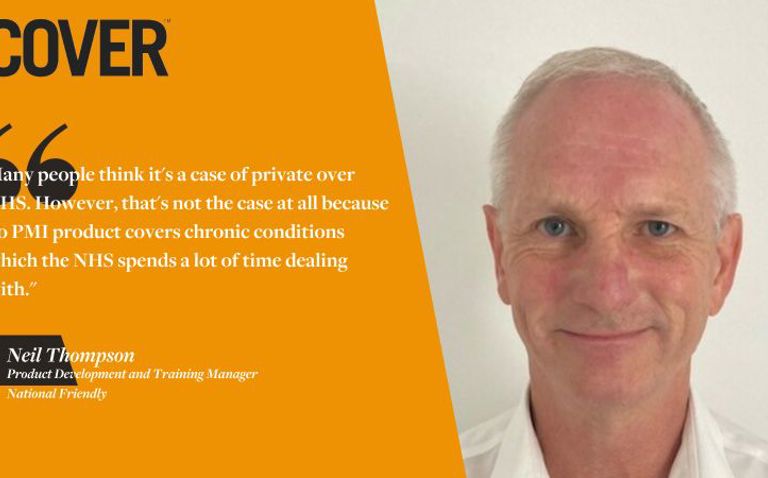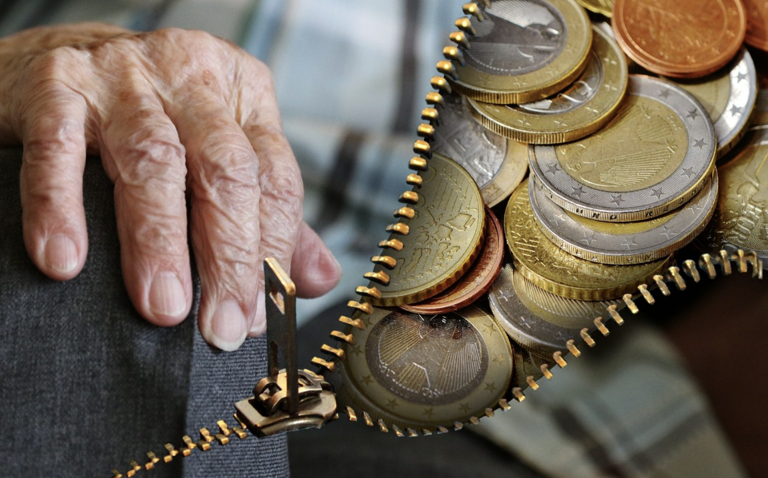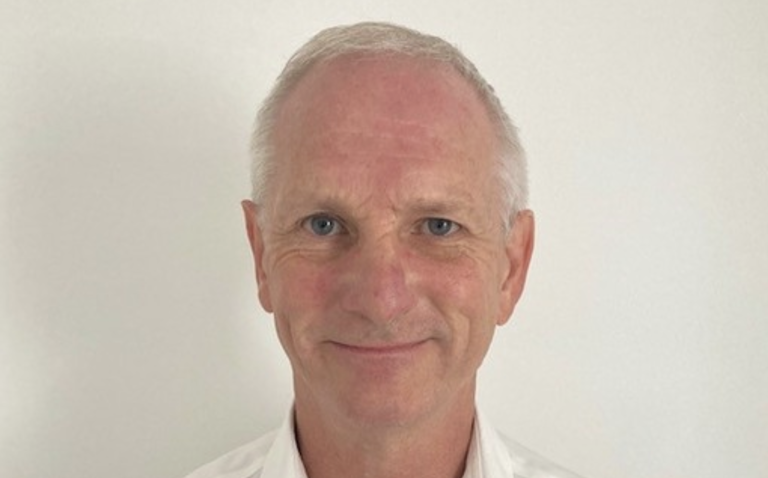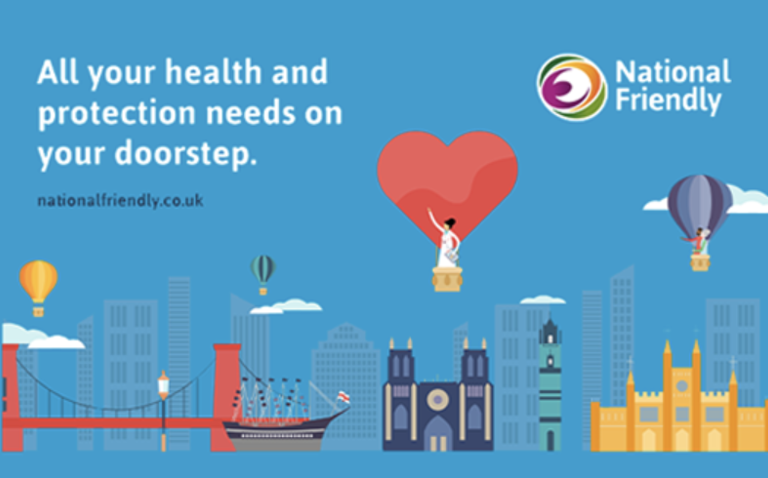The mental health struggles of men over 50
Nearly half of adults aged 55+ say they have experienced depression and around the same number have suffered with anxiety**. And middle-aged men in the UK also experience higher suicide rates, a fact that has persisted for decades***.
This is why we’re sharing why poor mental health can often occur as men age, and more importantly, what you can do to recognise the signs to help yourself and others.
Why poor mental health in men can occur in later life
As people age they may experience loneliness due to social isolation, which can happen after retirement, when family members move away, or due to the death of a partner or friends. Ageing can also make one more prone to illnesses, causing chronic pain and limited mobility, resulting in a lower quality of life and low moods.
Reflecting on past choices can also be a source of worry, making one feel stuck and unable to change anything. Additionally, men may feel pressured to meet stereotypical masculine standards, causing them to hide their emotions until they reach a breaking point.
It is important to remember that poor mental health doesn’t have to be part of ageing, and if you are experiencing a change in your wellbeing it is vital that you speak about it and get help.
Things you can try
- Speak out: talk to friends and family about how you feel and encourage more connections. Talking can combat loneliness and break the stigma around men’s mental health.
- Get professional help: if you notice a change in your mental or physical health, speak to a professional. There is no shame in seeking help.
- Stay active: even if your mobility decreases, it’s important to get moving when possible. Take short walks or join a local fitness class to improve your mood.
- Explore interests: rekindle your interest in new or past hobbies, find something you enjoy and put time into it.
The NHS offer urgent mental health helplines which are available for people of all ages in England, for more information visit the NHS website.
The Samaritans also offer free, round-the-clock telephone support throughout the year, and encourage anyone who’s struggling to cope to call 116 123 (UK and Ireland). If you live in Scotland, you can call Breathing Space on 0800 83 85 87.






















